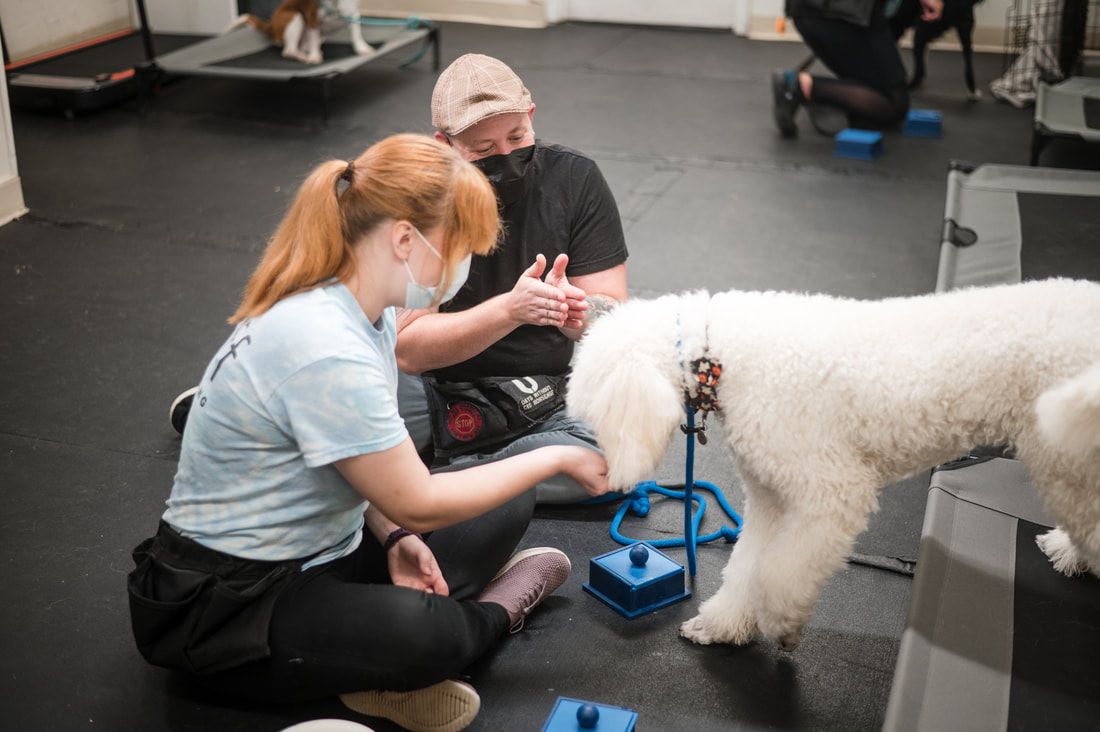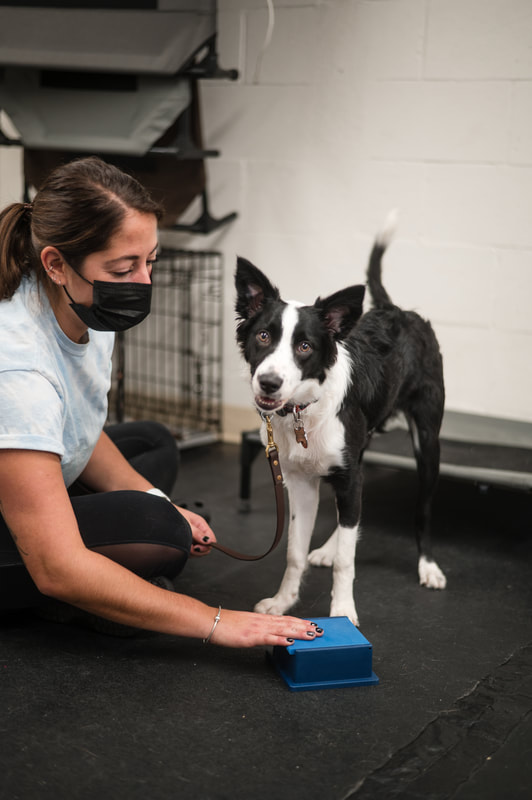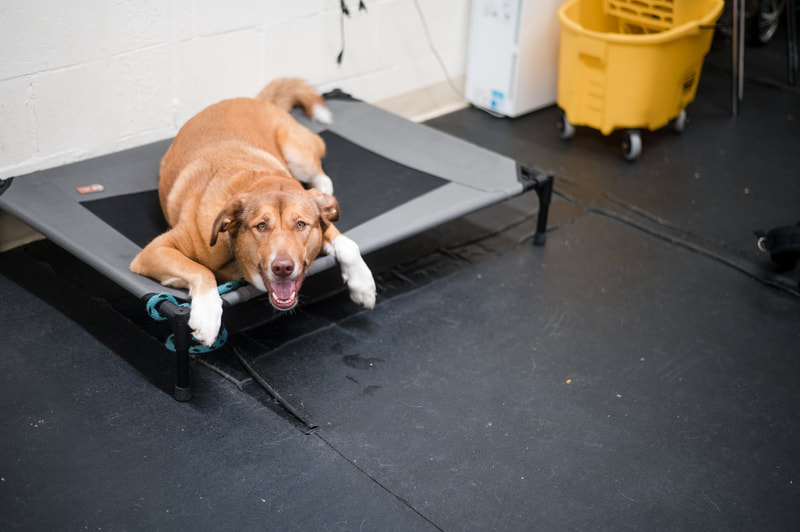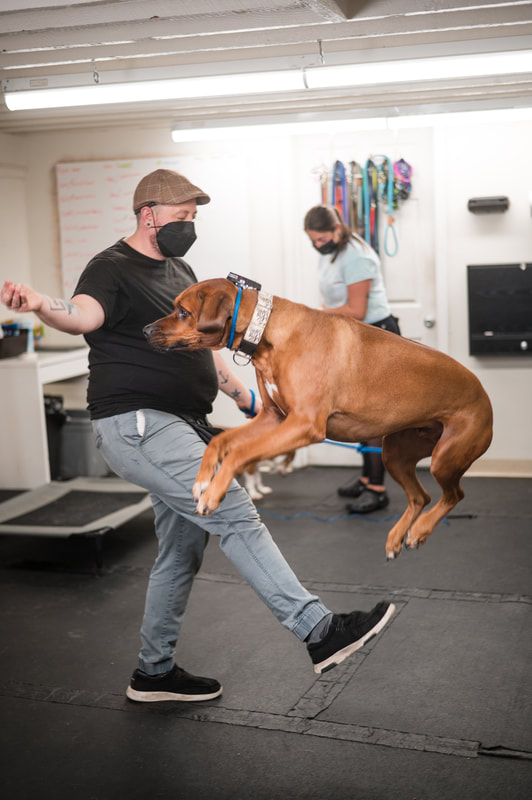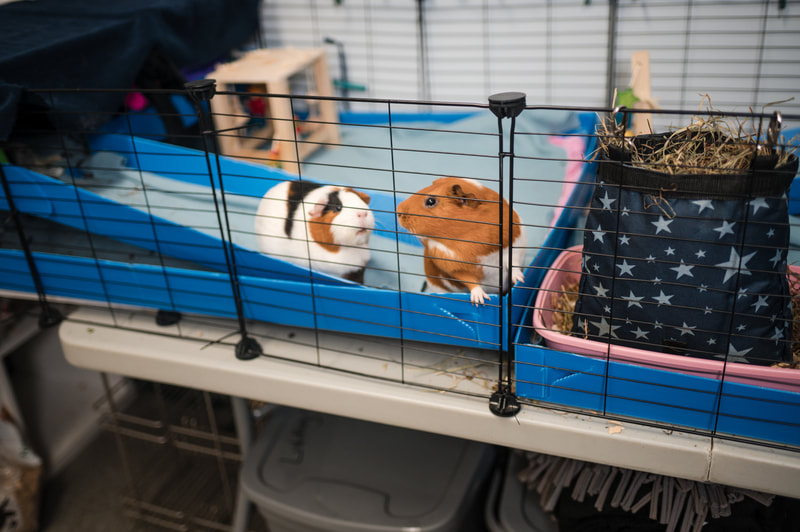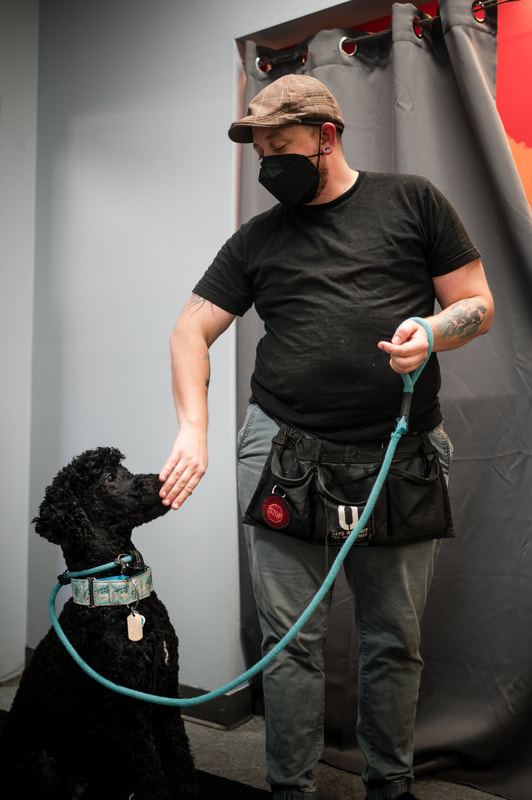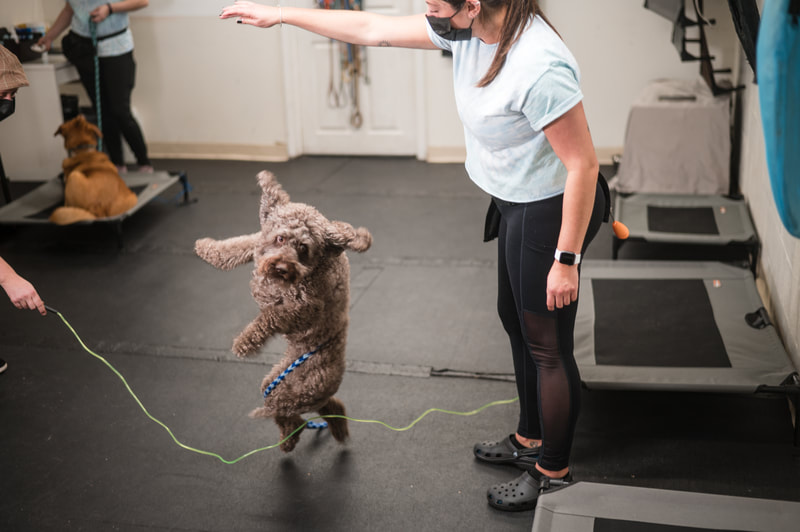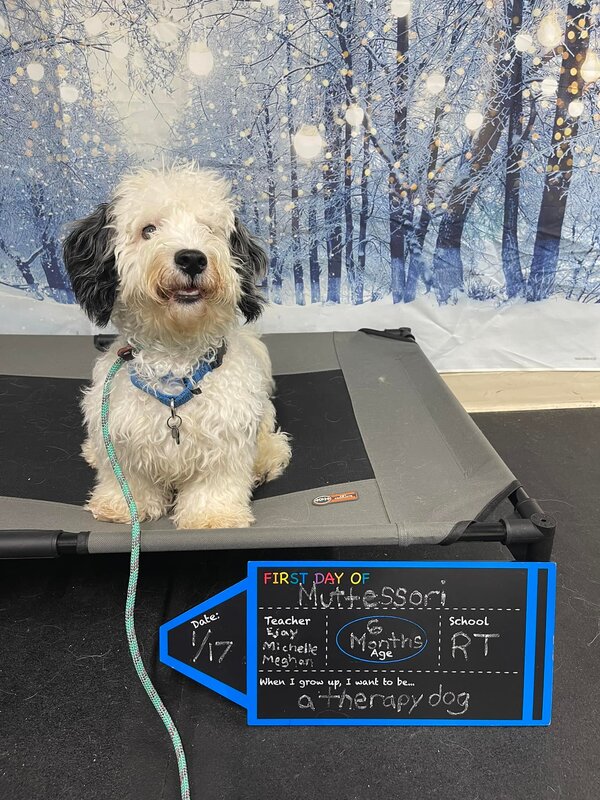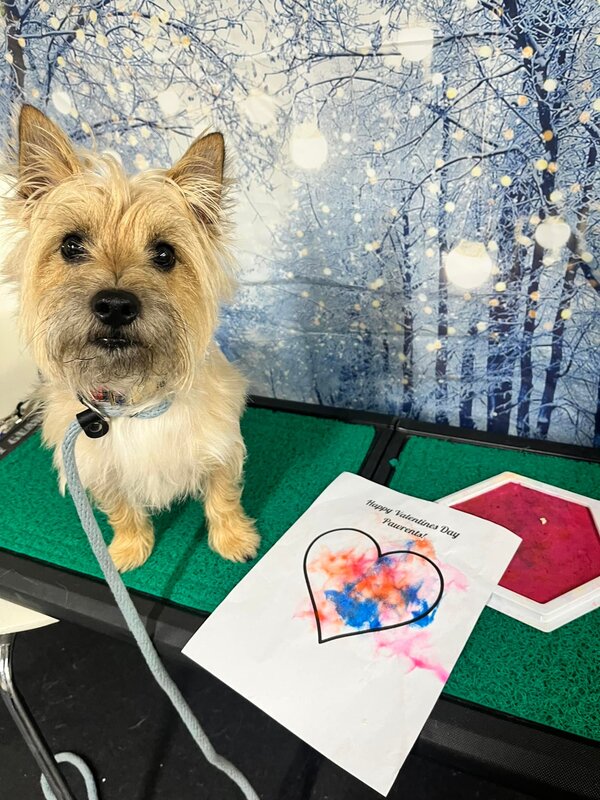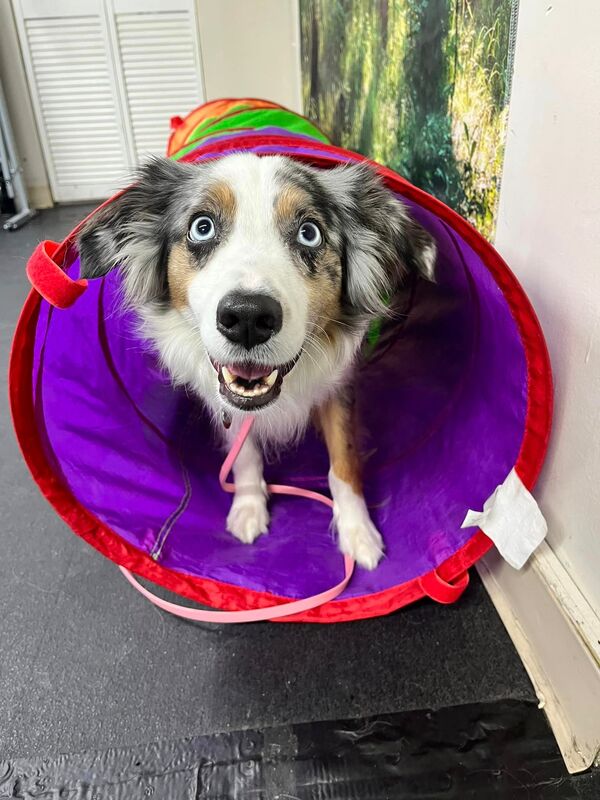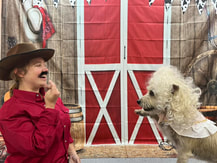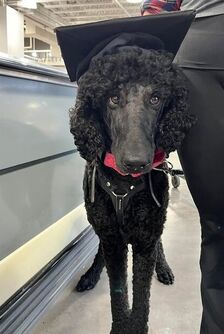Training is a lifelong commitment.
|
There is an idea in much of dog training that there is a moment where you can proudly announce "My dog is trained"! At this moment your dog responds to all cues you give and no longer has emotions, desires or breaks in impulse control. This idea is also a real falsity, and leads to more frustration than success in training. Learning to train your dog is an exercise in patience and communication.
The focus of Ruff Translating is combining the best on how dogs learn, with the entire household's needs, to create a more harmonious engagement. Many of our training modes are developed in direct relationship to cognitive development research, our understanding of biological drives, as well as the full environment of your home. This means many of our training exercises will involve play, food reinforcement, and learning a marker system. We are a full spectrum of tools company, and use the term "balanced" to indicate our proficiency in e collars and prongs, as well are our use of clickers, games, and puzzles, but we are not hard-line trainers coming from a military or law enforcement background. We firmly believe that many tools allow dog training to be more accessible, and that it is our commitment to using the tools that make the most sense for the person and the dog together. As we focus on service dog training, we train even our non-service dogs to the highest standards. |
Expected Behaviors
Expected behaviors are those things that we shouldn't have to issue a command for. For example: not jumping on guests, staying off of the furniture, walking casually with a loose leash in an automatic 'heel', remaining quiet when excited, keeping feet on the floor rather than counter tops, not touching food... there's a lot for a dog to learn about our human customs. The fundamentals of training start with helping a dog understand how to navigate household rules, without owners having to yell or constantly try to stop a dog from an undesired behavior. We use training around boundaries and space to help a dog know where they belong in our house, and the respectful behavior follows.
Teaching Commands
Dogs don't speak English, but we can teach them that certain words have associations with specific behaviors (like sit, down, stay, etc.). These words widen a tool kit for dog owners - they can give their dog a command to get a behavior that is appropriate (or adorable). Teaching as many words as you can to your dog isn't only practical, it will also deepen your bond.
